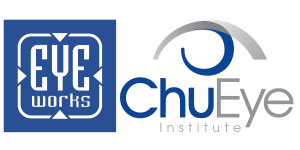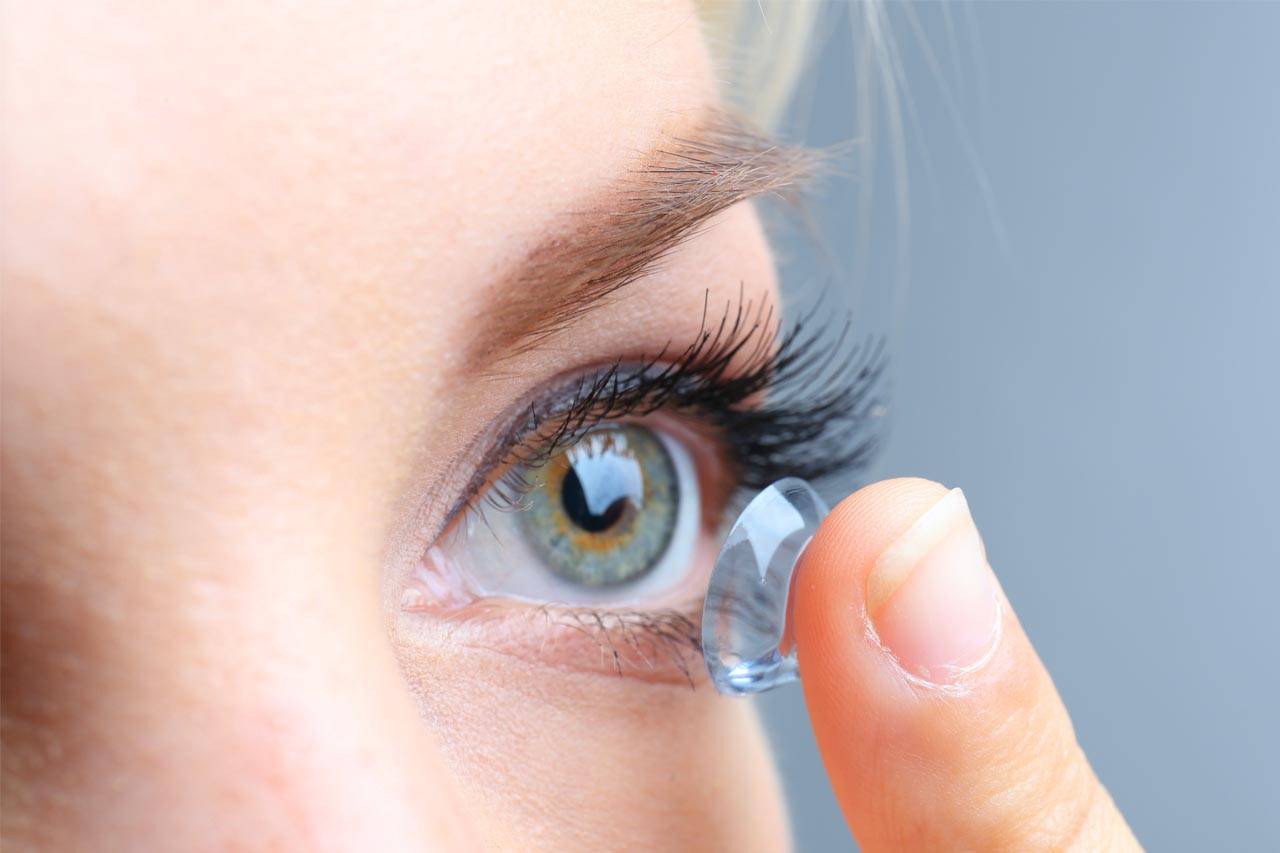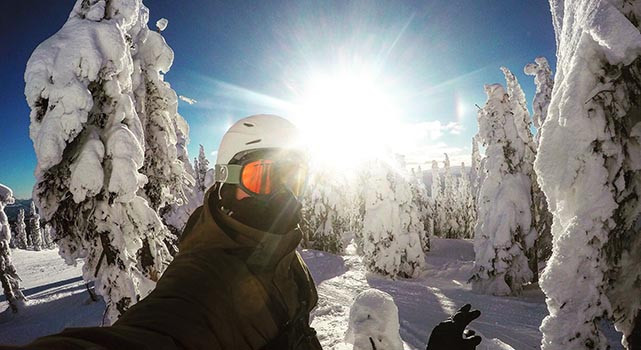Playing outside in a snowy winter wonderland can be magical. Under clear skies in the sunshine, the soft white landscape becomes just about irresistible, whether at home or travelling on a winter-weather get-away.
Before you let your children run outside to build the most adorable snowman or fling themselves onto the ski slopes, make sure their eyes are well protected. Sun and snow can be a dangerous combination for both the eyes and skin.
Sunlight Reflected in the Snow
We all know why we need to wear sunglasses and sunscreen in the summer. Winter, however, can be deceiving. It's an illusion to assume that we are safe from sunburns during the colder season.
Snow acts as a powerful mirror for sunlight and magnifies the effects of UV rays which would otherwise be absorbed by the ground. As a result, the eyes are exposed to both the UV radiation bouncing back from the snowy carpet and the rays shining down directly from the sun.
If your family is skiing or snowboarding up in the mountains, you need to be even more careful! UV rays are more powerful at higher altitudes. Another important factor to remember is that ultraviolet radiation penetrates through clouds, so even if the sun is hidden behind them, it can still damage your eyes.
Can I Get Sunburned Eyes?
As you may have already guessed, yes —it is possible to get sunburned eyes. The condition is called snow blindness, or photokeratitis. Although most people do not actually experience permanent vision loss, photokeratitis is usually painful, causes extreme sensitivity to light, and can take up to two weeks to fully heal.
A single day of playing outside in the snow and being exposed to intensive sun glare can be enough to cause snow blindness— though usually with a delay of several hours following sun exposure. What’s worse, if the eyes are repeatedly sunburned there is a risk of long-term damage.
Symptoms of Snow Blindness
Just like a typical skin sunburn appears only after having been exposed to the sun’s rays, the same is true for the eyes. One sign of overexposure to UV is a stinging or burning sensation in the eyes, or a feeling of having sand in your eyes after a day spent in the snow.
When eyes are sunburned, they become highly sensitive to light, making it difficult to be outside. Other symptoms include blurred vision, watery eyes, and swollen eyelids. In rare cases, photokeratitis can even cause temporary vision loss, but it doesn't usually last longer than a day or two.
How Do I Protect My Eyes From Sunburn?
Prevent overexposure to sunlight by wearing sunglasses that absorb at least 95% of ultraviolet radiation when you go outside, no matter what time of year it is. An even more effective solution for winter activities is to strap on a pair of well-fitting UV protective sports eyewear, such as ski goggles. Wrap-around styles are ideal because they stay on even when you're active, and block the sun’s rays from entering your eyes from the sides too.
For winter sports lovers, there are plenty of good reasons to wear protective eyewear, and what works well in sports can be good for play as well.
How Can I Treat Sunburned Eyes?
It’s after the fact, and you’re suffering from photokeratitis… now what? Give your eyes a rest.
- Stay out of the sun for a few days until the symptoms die down.
- You may find it comforting to wear sunglasses even when indoors.
- For additional relief, place a cool, damp cloth over the closed eyelids while resting.
- Don’t wear contact lenses until the eyes return to normal.
- Artificial tears can help keep the eyes moistened, soothe discomfort and promote healing. However, it's important to consult an eye doctor before running to the pharmacy, since some eye drops are not well-suited for this condition. You can give us a call at 817-346-7077.
Now that you know the risks and precautions to take, you’re all set to enjoy the winter wonderland! Dr. Richard Chu at Eyeworks is happy to help you protect yourself and your family from snow blindness, and offers expert treatment for sunburned eyes.








